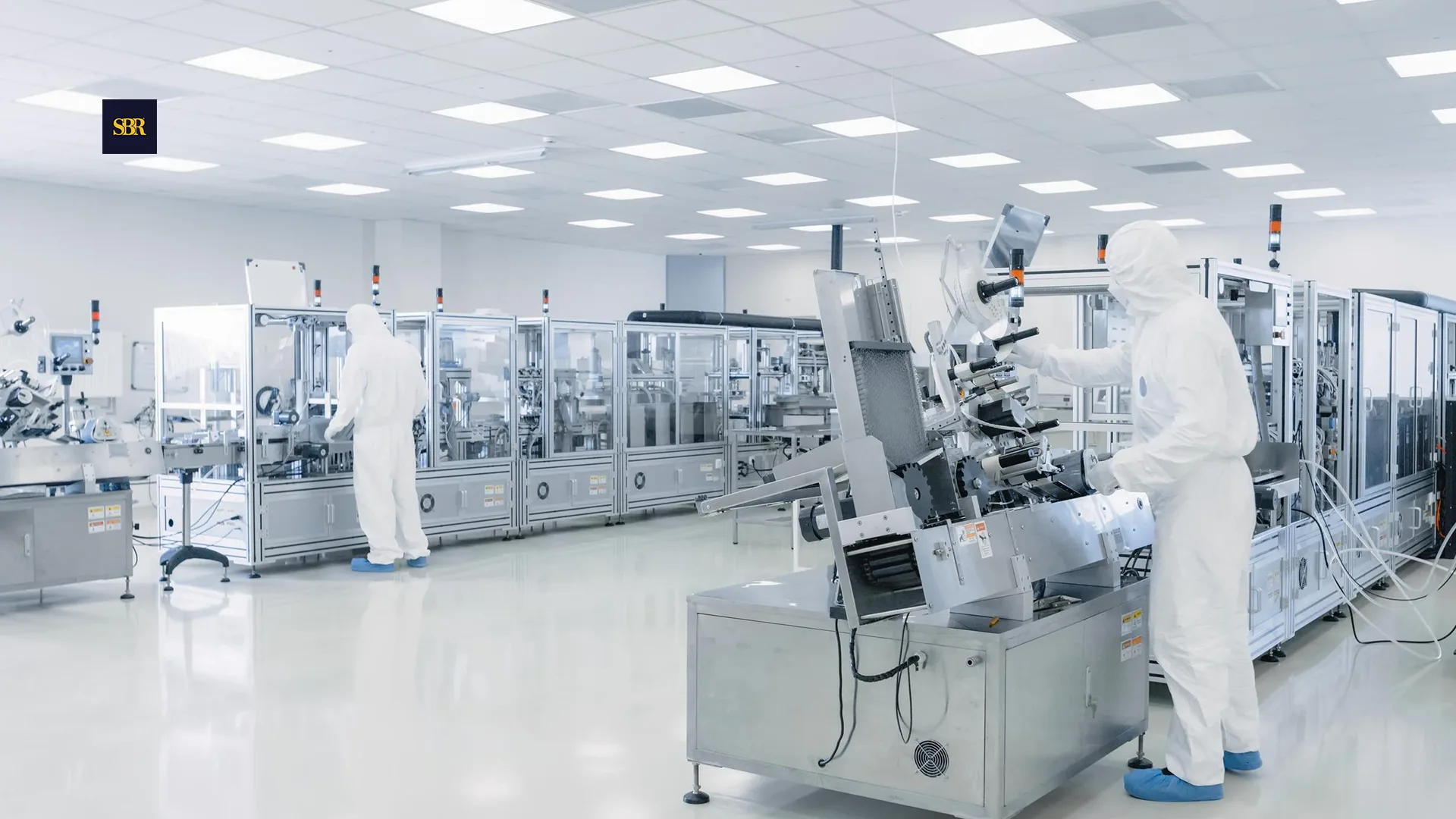MOUNTAIN VIEW, Calif., May 16, 2025 — Windsurf, the Mountain View–based startup known for building AI tools for software engineers, launched its first in-house family of AI models Thursday, expanding its role from application developer to model creator.
The SWE-1 series includes three models—SWE-1, SWE-1-lite, and SWE-1-mini—designed to assist with the full scope of software engineering, not just writing code. The flagship model, SWE-1, is available to paying users only, while the smaller variants will be accessible to both free and paid users. Pricing details have not yet been disclosed.
According to Windsurf, SWE-1 performs competitively with models like Claude 3.5 Sonnet, GPT-4.1, and Gemini 2.5 Pro in internal programming tests. However, it lags behind newer frontier models such as Claude 3.7 Sonnet in software-specific tasks.
The announcement comes as reports suggest OpenAI has agreed to acquire Windsurf for $3 billion. The release of the new models may indicate that Windsurf is preparing to operate more independently in the generative AI space, including model development.
Windsurf is best known for enabling “vibe coding,” a process where developers write and revise code through conversational interfaces. Like others in this segment—such as Cursor and Lovable—Windsurf previously relied on third-party models from OpenAI, Anthropic, and Google.
“Today’s frontier models are optimized for coding, and they’ve made massive strides over the last couple of years,” said Nicholas Moy, Windsurf’s head of research. “But they’re not enough for us. Coding is not software engineering.”
In a blog post, Windsurf said its models are better equipped to work across software surfaces—such as terminals, IDEs, and the web—unlike general-purpose models. It trained SWE-1 using a method built around long-running tasks, incomplete states, and multitasking across environments.
The startup described SWE-1 as a foundational concept, implying that more models may be developed in the future.
Coding is not software engineering.
















